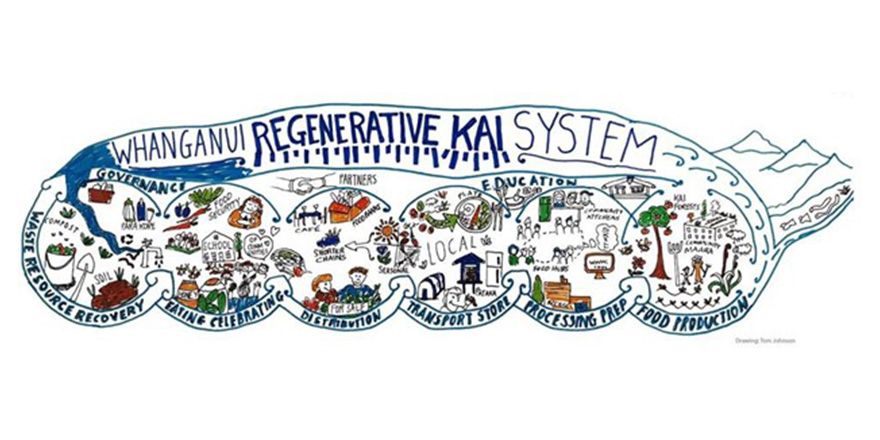Executive Summary
Volunteering by the individual and society at large brings benefits across the social spectrum. The contributions it makes socially and economically are very important and volunteering contributes to a more cohesive society by building trust and reciprocity among citizens.
In 2014 44% of New Zealanders did some form of voluntary work – that put us first in the OECD countries for the proportion of population involved in volunteering. In 2015 voluntary workers added nearly $7bn of value to New Zealand’s GDP. This makes volunteering big business and while our volunteering numbers are going up, poor leadership can disincentivise people from volunteering and that has a negative impact on society. The question then begs to be asked: What does it take to effectively lead a volunteer organisation?
This project reviews the available literature and resources associated with leadership and volunteering. It looks to define the common themes for effective volunteer leadership and the common capabilities needed to motivate people to engage in volunteer work. The method of thematic analysis was coupled with critical thinking, to collate the relevant literature.
All the factors and required capabilities for effective volunteer leadership found in the readings were grouped using Fullan’s (2001) Framework for Leadership. Four common themes emerged from the literature on volunteer leadership:
-
Passion for the cause
-
Communication
-
Relationship development and maintenance
- Leader capability and leadership development
Three of the most interesting points that emerged from the literature were: Firstly the complexity of volunteer leadership. It is not just about ‘turning up and pointing a few people in a direction’ but instead it is a complex process using many varied leadership theories and styles all at once.
The result from using a combination of the effective leader’s capabilities is that volunteers will want to do what you want them to do by their own free will and the organisational goals will be achieved. Further to this they will be motivated to become more active in volunteer leadership roles instead of being ‘reluctant’ leaders or inactive members. Secondly, the skills that volunteer leaders can build over their time in leadership roles have marked synergies with leadership roles in their paid work environment. The motivation to get leadership right is more important when trying to retain or attract a team member who has no financial incentive to remain there but is present by their own personal choice. The volunteer may also get leadership opportunities that would not normally be available in a paid environment.
Thirdly, what was lacking in the resources was lack of support in the form of formal training available for volunteer leaders. The only non sector-specific course highlighted was deemed expensive for volunteers. The suggestion has to be made that with volunteering adding so much value to the economy and social fabric of New Zealand, should the Government not step into the breech and support more training for volunteer leaders?



